

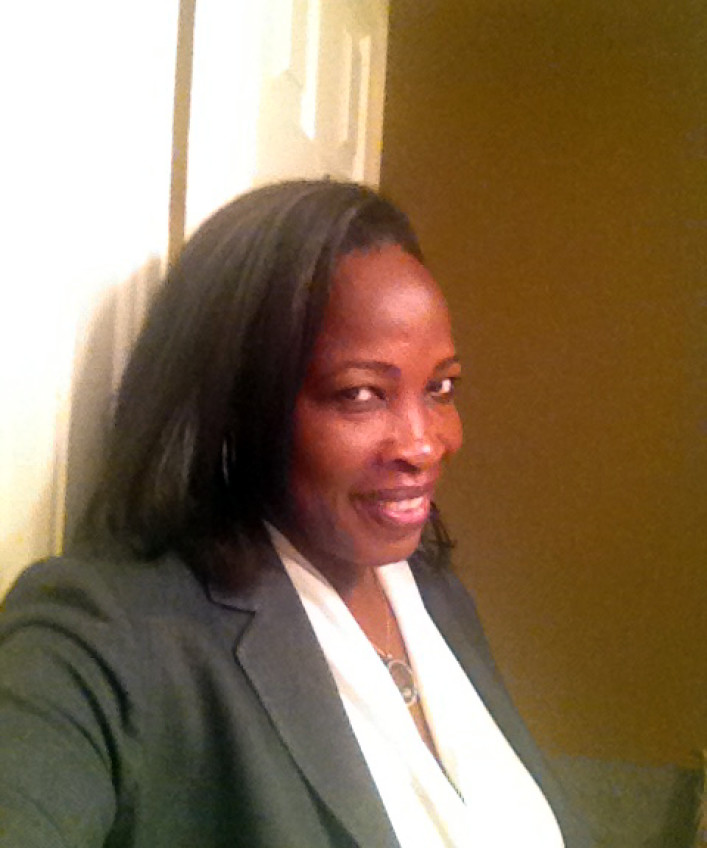
Ms. Ahmadi is a native of North Darfur. Niemat Ahmadi serves as Founder and President of Darfur Women Action Group. She previously worked as the Director of Global Partnerships for United to End Genocide, which involves promoting a greater outreach to civil society organizations worldwide, particularly those that represent the communities affected by genocide and mass atrocities from the regions that UEG is working to address.
Ms. Ahmadi previously worked for the Save Darfur Coalition as a member of the coalition’s policy and government relation team for four years, during which she also promoted the collaboration between the coalition and the Sudanese diaspora within the United States and abroad to empower and amplify their voices. She is a founding member of the Darfuri Leaders Network, a coalition of over twenty U.S.-based Darfuri organizations working to promote peace and security in Darfur. She served as an advisor at the seventh round of inter-Sudanese Darfur peace talks in Abuja, Nigeria 2006.
A veteran human rights advocate, Ms. Ahmadi, worked with NGO’s in various fields of emergency and development with a focus on women’s empowerment and capacity-building while in Sudan including Oxfam Great Britain, Intermediate Technology Development Group (the current Practical Action) and the United Nation’s World Food Program. She also served as an executive member of the Darfur Assessment Mission, a consortium of six Sudanese non-governmental organizations in Khartoum – Sudan working on documenting human rights violations in Darfur at the time of the crises. Ms. Ahmadi led the Darfur Diaspora Association of East Africa in Kenya. She also participated in many regional forums, included but not limited to African women conference for peace and security, and Sudanese women forum for peace.
While in college, Niemat established Darfur call for private education that seeks scholarship and to raise funds to support the education of poor Darfurian students. She was also a founding member of the Darfur Student Association at Ahfad University which aims to secure scholarships and helps students from Darfur to tuition waivers. Ms. Ahmadi earned an M.S. in Sustainable Development and a B.A. in Psychology and Pre-school Education, from Ahfad University for Women in Khartoum. She received the Ford Motor Company International Fellowship for a leadership course, at Columbia University, NY, and the American University Summer Professional Program on Women, Peace, and Security.
Because of her role in helping the victims and being vocal about massive human rights abuses and the genocide in Darfur, she was forced to leave the country after two attempts on her life. She stayed in Kenya for two years then arrived to the U.S. in March 2007.
In her advocacy work, Niemat testified about the use of rape as a weapon of war before UN SC in NY, UN Human rights council UNHRC in Geneva and many other testimonies, and collaborated with the Coalition for the ICC presenting victim’s perspective for Justice in Darfur. She also addressed the UN Security Council, on June 17, 2008, to testify on the escalation of violence against Darfuris in Darfur and Khartoum following May 10th attack. On the 17th of July, 2008 she addressed the UNSC presenting the Darfuri victims perspective for justice in Darfur. She also testified on the use of rape in Darfur as weapon of war before the Senate foreign relations committee on 13th of may 2009.
As a Darfuri expert, she participated with Physicians for Human Rights in developing principles and guidelines for the reparations of Darfurian victims. Besides her work with the Coalition, she is working on mobilizing the Sudanese Diaspora to organize, network and encourage them to create their organizations and provide them with advice and facilitation so that they can be able to contribute to the lasting and peaceful settlement of the Darfur conflict and Sudan’s multiple crises conflict.
She has been recognized by former President George W. Bush as one of the eight global human rights fighters for freedom of their people of the year, along with representatives from other seven countries on July 24th, 2008, in a meeting before his freedom speech.
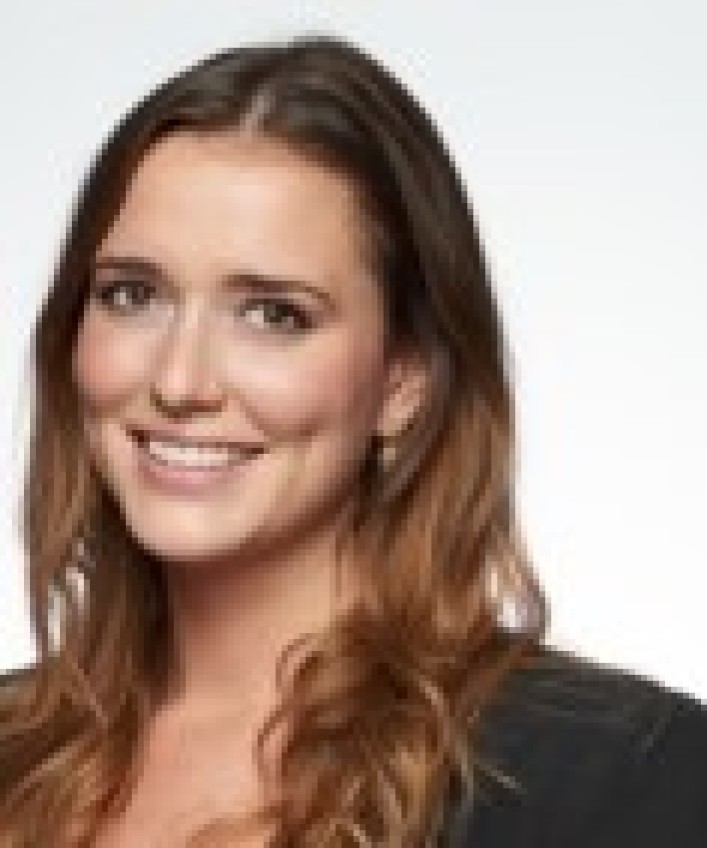
Ryan Allman is a UN Officer and Digital Strategist at Independent Diplomat (ID), where her work focuses on Western Sahara. Ms. Allman joined ID after completing a Fulbright Fellowship in Bogota, Colombia, where she taught at the Universidad Nacional de Colombia and conducted research for the Women and Children’s Rights department of Mercy Corps Colombia analyzing disarmament, demobilization, and reintegration program for former child soldiers.
Ms. Allman previously worked at Mercy Corps, the UN World Tourism Organization (UNWTO), the Pacific Council on International Policy, and the UN Foundation. Ms. Allman holds a B.A. from Occidental College in Diplomacy and World Affairs and Spanish Literary Studies.
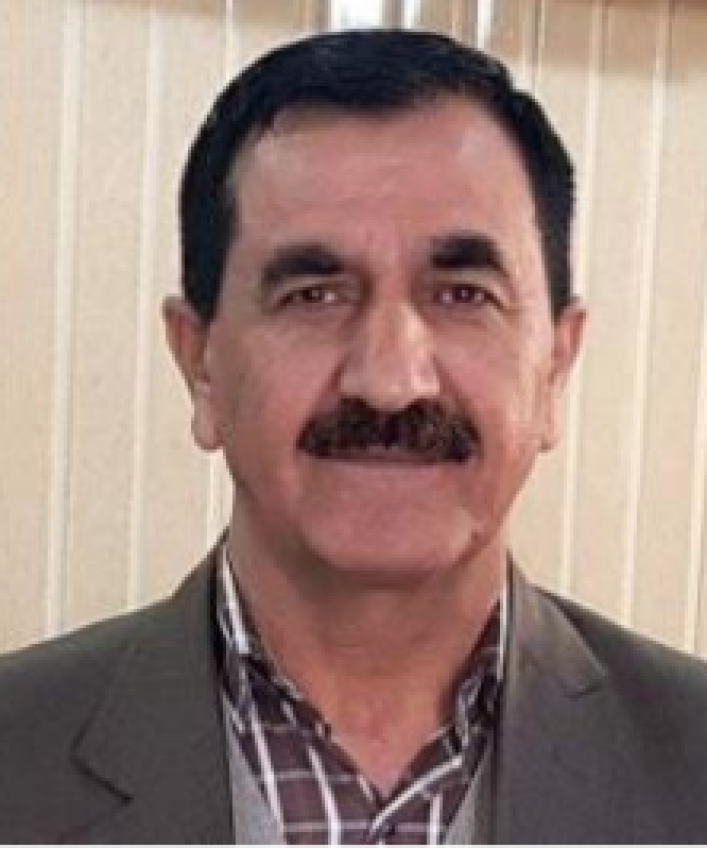
Hadi Babashikh is the spokesperson and the director of the Office of His Eminence Al- Babashikh, the spiritual father of Yezidi, since 2011. He represents his eminence in cultural, religious and media activities and conferences nationally and internationally. He holds both Iraqi and German citizenship and speaks three languages – Kurdish, Arabic and German- fluently. He has a degree in public administration from Mosul technical institute of university of Mosul.
– Is the cofounder of Jack organization for countering ethnic cleansing and genocides of Kurdish and Yazidi, Armenians, Amazigh, Tuareg and others ethnic minorities .
– Is one of the founders of the Iraqi-German airlift organization to rescue and assist the children of victims of terrorism in Iraq.
– Is a member of the Board of Directors at Yezidi Cultural and Social House in Oldenburg, Germany.
– Was a member of the founding body of the Isidin Association abroad in Germany 1996-2002.
– Worked with the East German Institute of Genders addressing Yezidi file from 1998-2004.
– Is a member of the Association of Genealogy in the Arab World, including (Iraq) Mosul Branch
– Is a member of the Board of the Wise Men of Nineveh Plain in Nineveh province
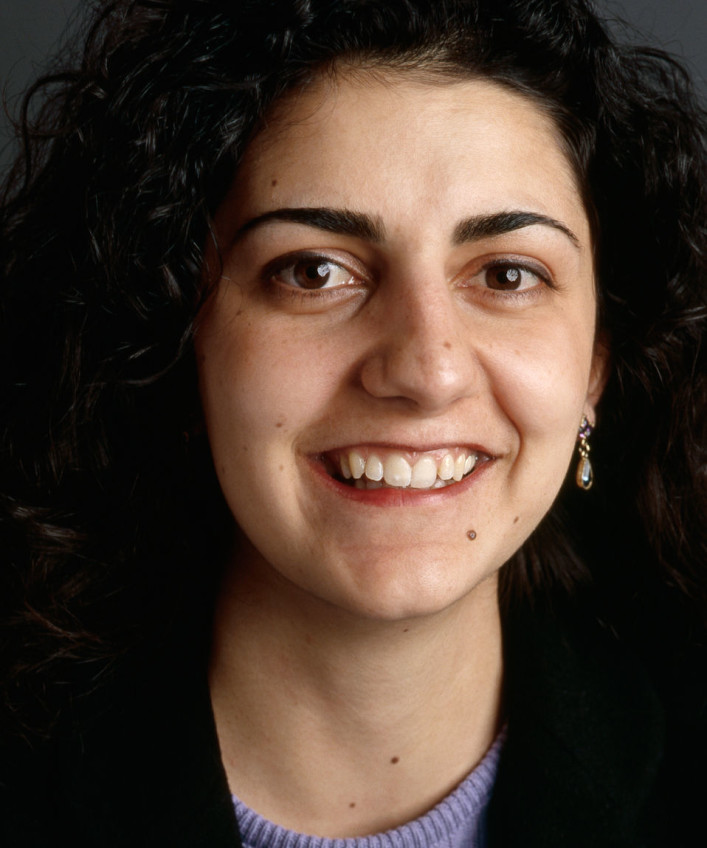
Kate Nahapetian is the Founder of the Armenian Legal Center for Justice and Human Rights, which fights to redress human rights abuses emanating from the Armenian Genocide. Prior to her posting, she was the Government Affairs Director for the Armenian National Committee of America (ANCA), where she advocated for Armenian American concerns before Members of Congress and the Administration and her work included helping coordinate efforts to file amicus briefs for life insurance class actions emanating from the Armenian Genocide. In addition to experience as an attorney litigating complex class actions, Ms. Nahapetian has worked for the U.S. Department of Justice, then Senator Joseph Biden, the Carnegie Endowment for International, and Mental Disability Rights International.
Ms. Nahapetian received a J.D. with a focus on international and human rights law from the University of California at Berkeley School of Law, which was partly funded through the prestigious Paul & Daisy Soros Fellowship for New Americans. After graduating magna cum laude with a degree in International Studies from American University, Ms. Nahapetian received a Konrad Adenauer Foundation Fellowship to pursue graduate studies in Germany.
Her publications include, “Confronting State Complicity in International Law” in the UCLA Journal of International Law and Foreign Affairs and “Selective Justice: Prosecuting Rape in the International Criminal Tribunals of the Former Yugoslavia and Rwanda” in the Berkeley Women’s Law Journal.
Ms. Nahapetian is a Member of the Bar in California, New York, and Washington, DC.
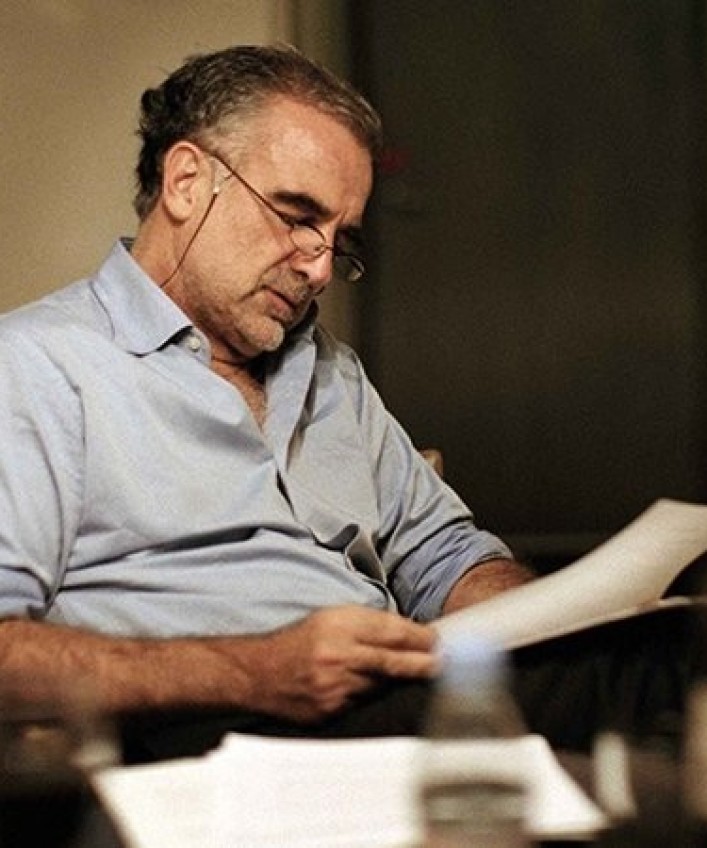
Luis Moreno Ocampo has a unique global experience as the founder Chief Prosecutor of the first permanent International Criminal Court. From 2003 to 2012, he had the responsibility to:
1) organize the Office of the Prosecutor in order to interact with 120 states parties of the Rome Statute, China, USA, Russia, Qatar, Rwanda, and other states non-parties and the UN and regional organizations,
2) examine 20 of the most serious conflicts of the 21st Century to trigger the jurisdiction of the International Criminal Court,
3) conduct investigations in seven different countries including Libya, on the case against Muammar Gaddafi and in Sudan on cases related to the Genocide in Darfur, and
4) litigate before a bench of judges from 18 countries with the responsibility to apply the innovative Rome Statute.
In 1985, Moreno Ocampo was the Deputy Prosecutor in Argentina’s landmark case against the “Military Junta”. One of the first cases after Nuremberg against top commanders for the commission of massive crimes. Between 1988 and 1992, he led the prosecution of other critical cases related to the transition to democracy in Argentina, including military rebellions, guerrilla activities, the command of the Malvinas/ Falkland war, and grand corruption cases.
Between 1992 and 2002, Moreno Ocampo established and led a law firm in Buenos Aires providing services similar to a Private Inspector General for large privatized public service companies operating in Argentina and Government Agencies including the Social Security System and the National Reinsurance Institute. He also managed conflicts between the shareholders of the biggest Argentine companies and defended a few select cases including those against soccer star Diego Maradona, the famous journalist Jacobo Timerman, the Financial Times correspondent Thomas Cattan, and the former Minister of Economy Domingo Cavallo.
He has extensive international experience advising the World Bank on issues of justice and anti- corruption, and sits on the Advisory Board and Board of Directors of Transparency International and New Tactics for Human Rights.
In addition, Moreno Ocampo has a long standing commitment to the education of the younger generation. At the beginning of his career, he was the Deputy Director of the Research Center of the Law School of the Buenos Aires University and Associate Professor of Criminal Law. He also pioneered the use of TV to disseminate legal education through popular shows in Argentina. He was a Visiting Professor at Stanford University (2002) and Harvard University (2003) teaching courses on anti-corruption, and has run a number of classes and lectures throughout the years all over the world including more recently at the Basel University, Freiburg University, Yale University, Hebrew University and Al Quds University. He is currently an Associate at the Carr Center for Human Rights Policy at Harvard University where he is working on an upcoming book which will present a case study of the first nine years of the operation of the Rome Statute and its interaction with the UN Security Council using his first-hand perspective as the founding Chief Prosecutor of the ICC.
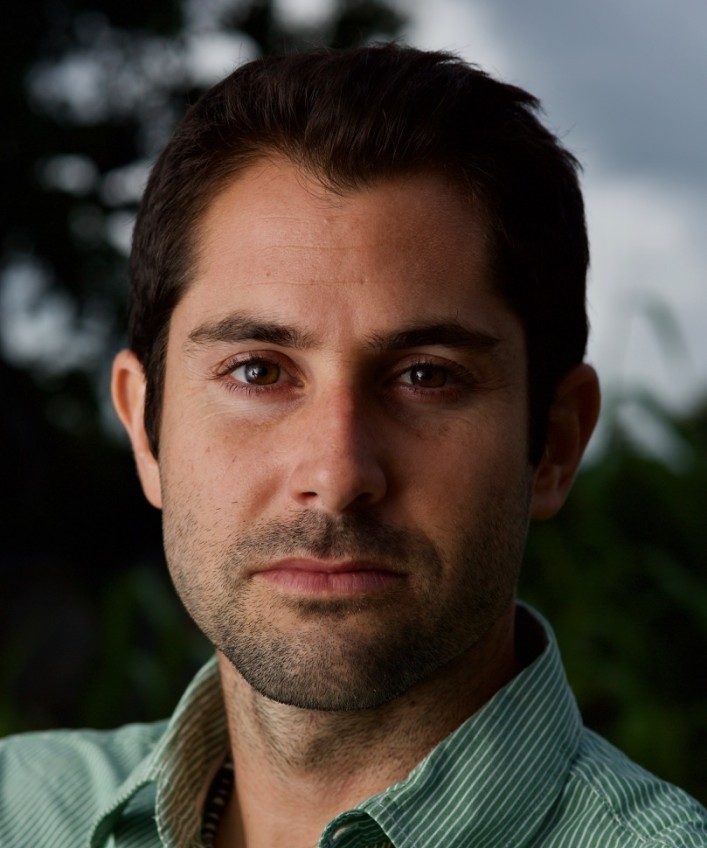
Ryan Boyette has lived and worked, the past 15 years in the war zone of the Nuba Mountains in Sudan. Ryan first went to Sudan with Samaritan’s Purse organization in 2003 to supply people living in remote villages with their basic needs. Ryan was involved in humanitarian projects such as providing water, agricultural resources, vocational training, church leadership training, school construction, and rebuilding of 160 churches that were destroyed by the Sudan government in the 25 year civil war.
After a 5 year window of peace, the war in the Nuba Mountains of Sudan started again. On June 6, 2011 Ryan and his family were at their home when they could hear the gunfire at the neighboring village. Samaritan’s Purse made the decision to evacuate the region but Ryan and his family decided to stay. Ryan resigned from his position at Samaritan’s Purse and started Nuba Reports. For the next 7 years, Ryan with a team of locally trained journalists reported from the front lines of the conflict. As a result, Ryan had the chance to bring big names in media and advocacy to the war zone including Nicolas Kristof, Ann Curry, Greta Van Susteren, Franklin Graham, and George Clooney. Nuba Reports was the only organization getting verifiable information out of the war zone and as a result, gained international recognition. Ryan expanded his network throughout other parts of Sudan including Darfur, Blue Nile, and Khartoum. Ryan was invited to speak at the White House and brief US Congress on the situation on multiple occasions. The acknowledgment of what was taking place on the ground also brought negative attention by the Sudan government. In 2012 the Sudan air force dropped 6 bombs in a line over Ryan’s house while he and his wife, who was 7 months pregnant, were home. Ryan and his team continued to report with increased momentum and were able to verify over 4000 bombs dropped on civilian targets by the Sudan government. In 2014, Ryan received the Human Rights First Award for reporting on the human rights violations in the war zone, despite the danger to himself and his family.
Ryan with his wife Jazira and their two children (Eben 5, Kandaka 2) have recently moved to the US. Jazira is working on her university degree and Ryan has started a new non-profit called “To Move Mountains Projects.” The organization will focus on education for children living in Sudan’s war zones. Through his extensive experience in Sudan, Ryan has seen how education has a lasting change in communities and gives hope for the future. Ryan and his family plan to move back to Sudan full time to continue his work in education in the region.
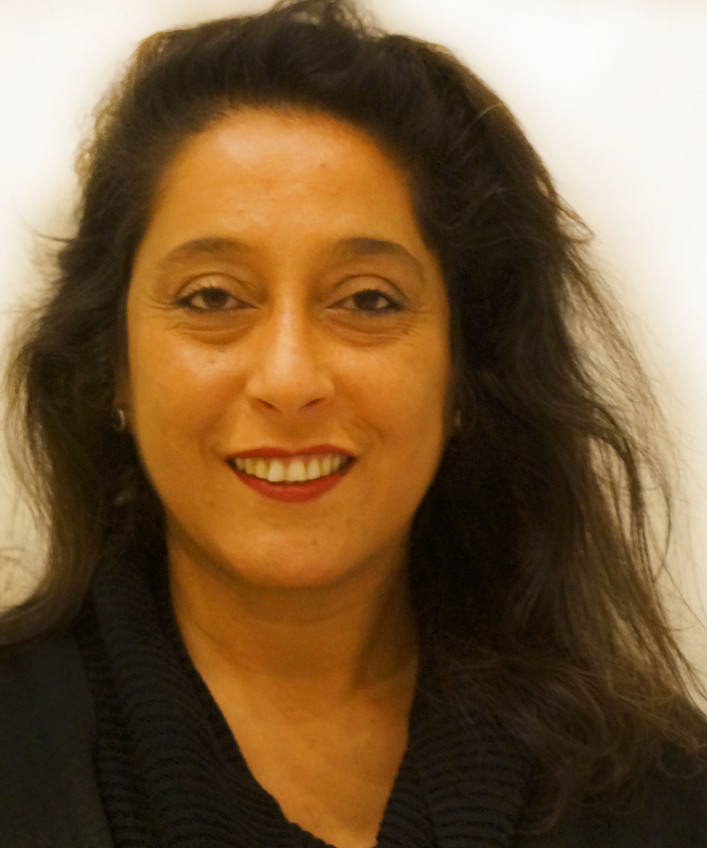
Mona Ali Khalil is a respected public international lawyer who believes that justice is essential for sustainable peace and that upholding the dignity of each human being is necessary to preserve our own humanity. Ms. Khalil has over 20 years of combined service in the UN and in the International Atomic Energy Agency, extensive expertise in public international law and unique experience in collective peace and security efforts including peacekeeping, sanctions, disarmament, and counter-terrorism.
She is a former Senior Legal Officer in the UN Office of the Legal Counsel where she led the UN peacekeeping team and advised on the various UN Security Council sanctions regimes. She is also a former Senior Legal Officer in the IAEA Office of Legal Affairs where she promoted the international nuclear security and counter-terrorism framework. During her tenure at the UN, she also served as legal adviser to the UN and OPCW missions responsible for the investigation and subsequent destruction of the Syrian chemical weapons programme. From September 2015 to December 2017, she served as Legal Advisor at Independent Diplomat promoting the rule of law and justice in international diplomacy. Most recently. she served as a Senior Legal Policy Adviser to the UN High Commissioner for Human Rights. She is currently Director of MAKLAW.ORG – a legal advisory and consulting service she founded in 2018 to uphold public international law including the rights and obligations of Governments and Intergovernmental Organizations in the service of “We the Peoples”.
Ms. Khalil has authored published works on combating terrorism as well as on the protection of civilians. She has a B.A. in International Relations and a Master’s in Middle East Studies from Harvard University as well as a Master’s in Foreign Service and a Juris Doctorate from Georgetown University. She is an Affiliate of the Harvard Law School Program on International Law and Armed Conflict.
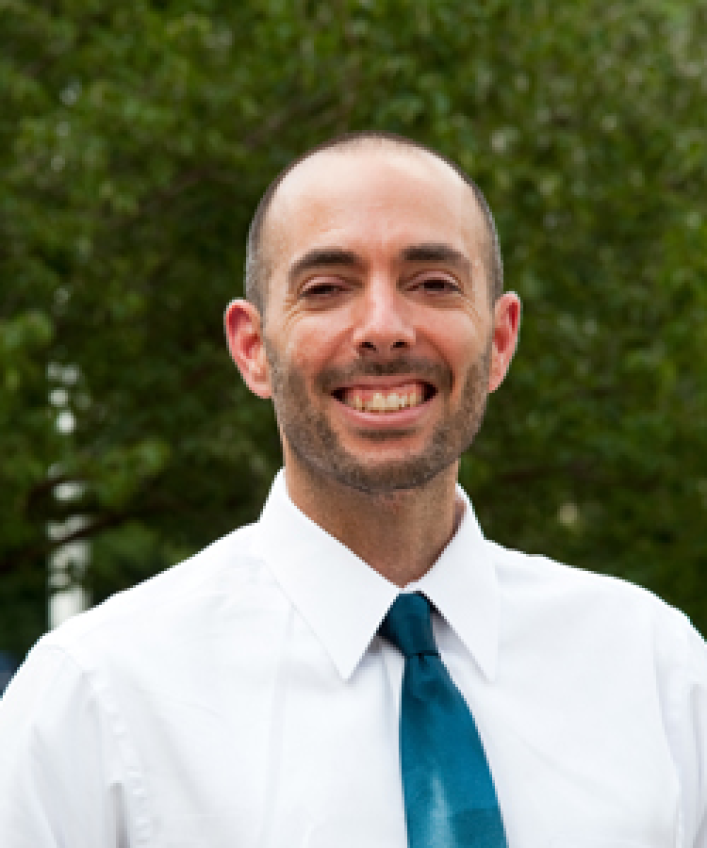
Jeff Bachman is a Professorial Lecturer in Human Rights and Director of the Ethics, Peace, and Human Rights MA Program. Jeff’s research and teaching interests center primarily on critical genocide studies His focuses are on genocide, counterterrorism and human rights, media coverage of human rights events, and state responsibility and individual accountability for violations of human rights law and international humanitarian law. He is especially interested in the misuse of the law as a political tool through its selective application and enforcement.
His first book, titled The United States and Genocide: (Re)Defining the Relationship, was published in November 2017 by Routledge as part of its Studies in Genocide and Crimes against Humanity series. The book challenges the dominant narrative that portrays the United States’ relationship with genocide as one defined, in part, by its failure to prevent genocide, rather than by its contributions to the commission of genocide.
Jeff seeks to continue to contribute to the field of critical genocide studies by further analyzing the relationship between different forms of political violence, including genocide and war. His research also includes structural genocide—manifestations of genocide connected to systems of direct and indirect violence, such as land appropriation and environmental degradation, and economic and cultural imperialism.
He received a book contract from Routledge for an edited volume on cultural genocide, which will include his contribution on international law, as well as other contributions from legal scholars, sociologists, and anthropologists on forced assimilation and settler colonialism, ecocide, cultural destruction, cultural resilience, and restorative justice.
Jeff has previous worked for Amnesty International in the Government Relations for Europe/Eurasia program.
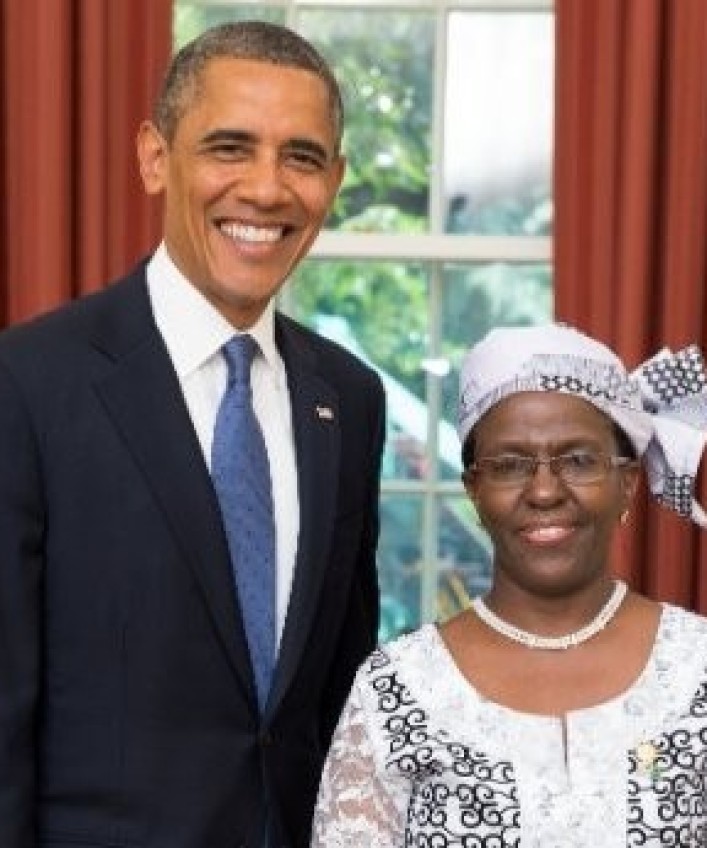
Ambassador Mulamula is currently a Visiting Scholar and Associate Director of the Institute for African Studies at the Elliott School of International Affairs in George Washington University. Her area of concentration is Women and Leadership in Africa, as well as political transitions in post- conflict countries of the Great Lakes Region of Africa.
She is a former Permanent Secretary of the Tanzania Ministry of Foreign Affairs and East African Cooperation before her retirement in April 2016. She has been a long- term career diplomat having served in various capacities in the Ministry and its Diplomatic Missions abroad in New York, Canada and as Tanzania Ambassador to the United States and Mexico from 2013-2015. She was also Senior Diplomatic Advisor to former Tanzania President Jakaya Mrisho Kikwete.
She was the first Executive Secretary of the International Conference on the Great Lakes Region of Africa for Peace, Stability and Development, based in Bujumbura, Burundi from 2006-2011. In this capacity, she covered 12 countries of the Great Lakes region, the majority being post-conflict countries. (Angola, Burundi, Central African Republic, DRC, Kenya, Republic of Congo, Rwanda, South Sudan, Republic of Sudan, Tanzania, Uganda and Zambia).
Ambassador Mulamula has participated in many peace and security forums, including AU High-Level Retreats of Special Envoys and Mediators on the promotion of Peace, Security and Stability in Africa; Peace, Security and Cooperation Framework for the DRC and the Region; FEMWISE-Africa- Pan African Network on African Women’s Participation in Conflict Prevention, Mediation and Peace Stabilization efforts; UN Peacebuilding Commission, among others.
She is a member of various Boards including the UN Secretary General Advisory Group on Peacebuilding Fund; Advisory Board of the Women`s Platform for Peace, Security and Cooperation Framework for the DRC and the Region; African Women Leaders Network Steering Committee; the External Advisory Board of the Binghamton’s Institute for Genocide and Mass Atrocity Prevention; and Steering Group of the Global Action Against Mass Atrocity Crimes (GAAMAC); among others.
Ambassador Mulamula is a Recipient of the Order of the United Republic of Tanzania 2015 Award for Distinguished Public Service and the 2018 Elliott School of International Affairs Recognition of Service Award for outstanding performance and contributions as Acting Director of the Institute for African Studies.
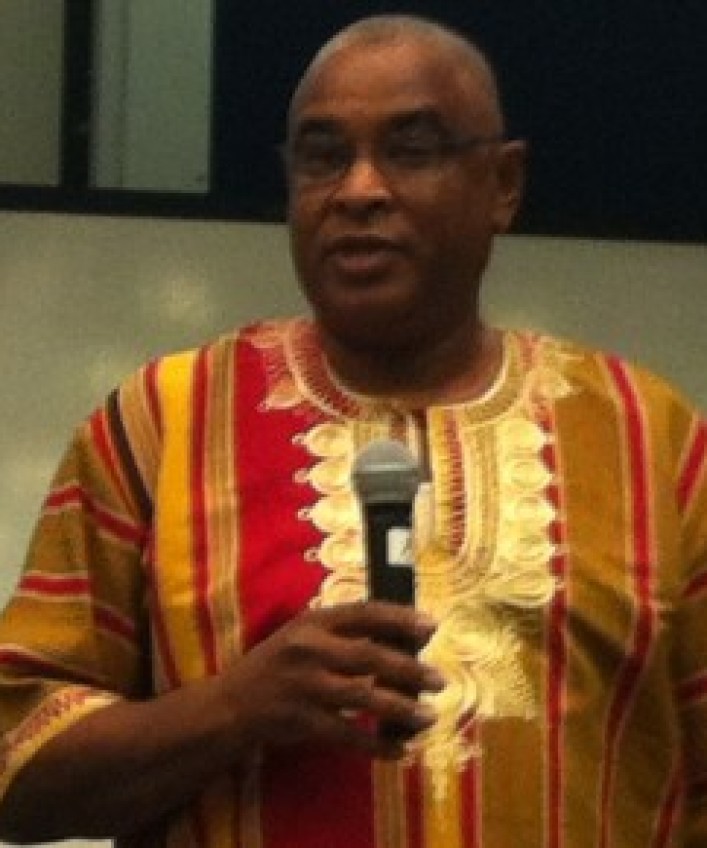
Sudanese Scholar, Human Rights Activist and advocate for preservation of the Nubian Cultural and historical heritage in Sudan. Board member of Voices for Sudan, an organization that works to give voice to the Sudanese diaspora community and helps end the political crisis in Sudan. Mr. Gerais has spoken at many events at the US State Department, US Congress, Hudson Institute, and community centers about the marginalized people of Sudan in Darfur, Nuba Mountains, Blue Nile, Beja, Nubia, and south and north of the country. Mr. Gerais is also the co-founder of Nubia Project, an organization that advocates for the protection of Nubian artifacts and culture against flooding due to dams built by the government of Sudan
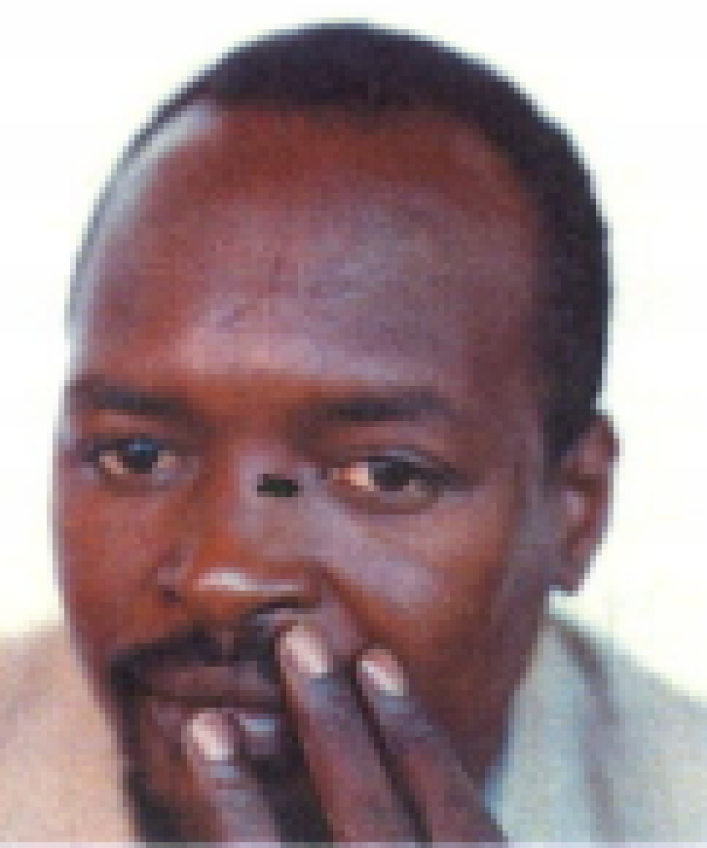
Daoud Hari has over 15 years of experience interpreting Arabic / English as well as producing international media and NGO projects across Central, North and East Africa. He has translated and produced in the field for individuals such as Nick Kristoff at the New York Times, Anne Curry at NBC News alongside other media outlets such as the BBC, France 2 and SBS Australia. He has also worked for the UNHCR, Medicins San Frontieres and Women’s Refugee Commission across Africa. Daoud is a published author, his book THE TRANSLATOR by Random House, and his experiences in Darfur Sudan, was a world bestsellter. Daoud is a US Passport holder and currently resides in Brooklyn NYC.
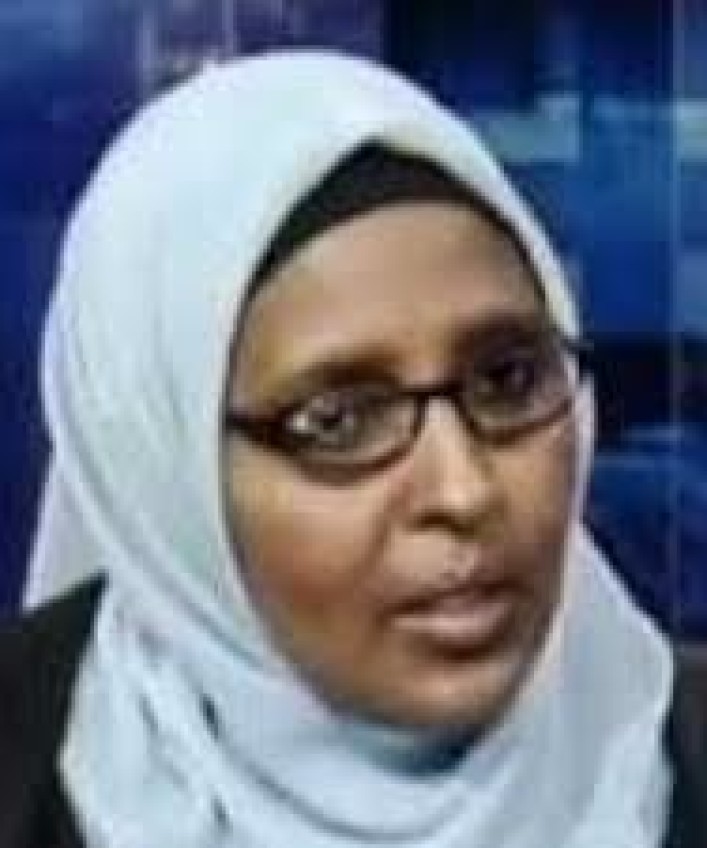
Medical professional, humanitarian advocate, and freelance writer. Many of Dr. Aden’s articles on Somalia, Islam, and other topics have been published by media groups around the world, namely Huffington Post, Middle East On-Line, Islam Online, Global Politician, Aljazeera Magazine, Foreign Policy Forum, Media Monitor Network, and Scoop. Dr. Aden has also been on NPR, BBC, VOA, and Aljazeera discussing Somali/Muslim issues. Dr. Aden has recently returned from Somalia where she spent nearly four years working on a USAID-funded development program.
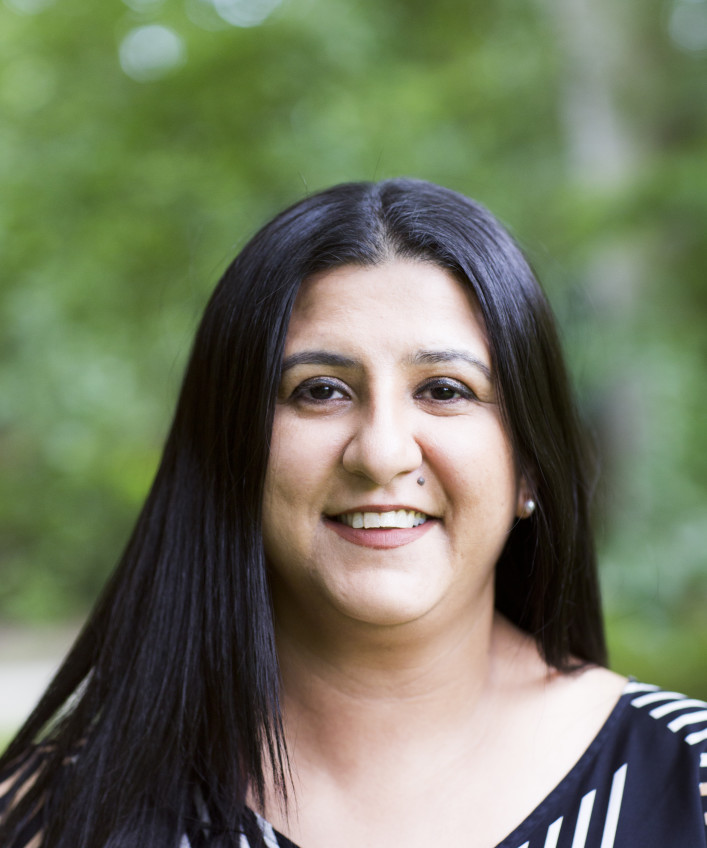
Savita Pawnday is the Deputy Executive Director of the Global Centre for the Responsibility to Protect. Ms. Pawnday oversees Global Centre’s programming in New York and Geneva, and leads on developing innovative institutional mechanisms and capacities needed to prevent mass atrocities both at national and international level.
In 2010, Ms. Pawnday was instrumental in launching the Global Network of R2P Focal Points. With over 60 countries, the Global Network of R2P Focal Points is the largest network of senior government officials of its kind. Currently, Ms. Pawnday is involved in leading Global Centre engagement with UN Peacekeeping and in identifying strategies, including training, on how to enhance protection capacities of peacekeepers on the ground.
Prior to joining the Global Centre for the Responsibility to Protect Ms. Pawnday worked in various capacities as a researcher and a project manager. She has worked in Zimbabwe, Zambia and Malawi with Catholic Relief Services, in New York with Trickle Up and in India with a few grass roots NGOs. She holds a M.A. from Fordham University in political economy and development, with a specialization in political economy of civil wars and a B.A. in Economics from St. Xavier’s College, University of Mumbai.
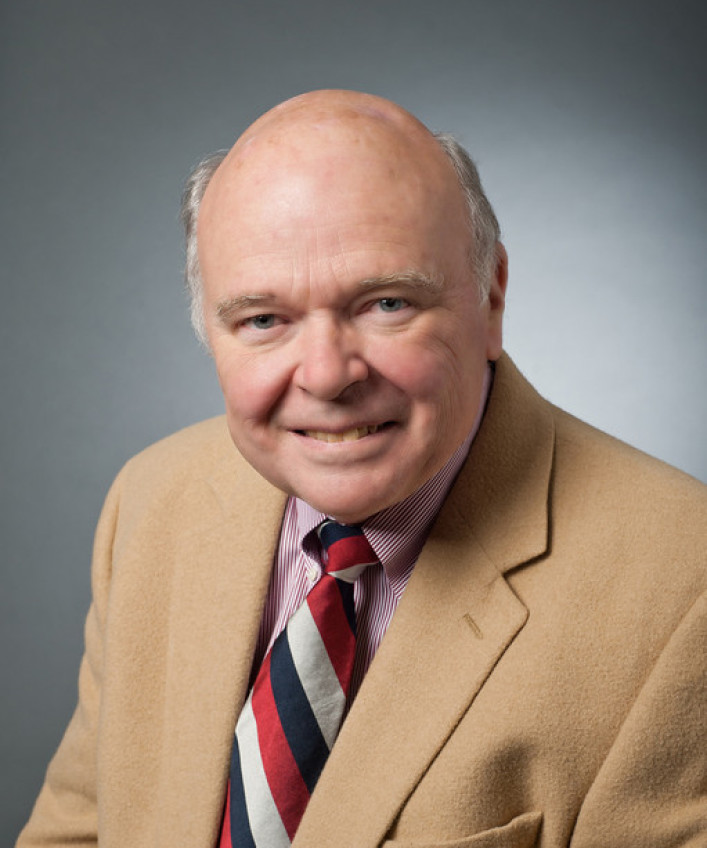
Gregory H. Stanton is Research Professor in Genocide Studies and Prevention at the School for Conflict Analysis and Resolution, George Mason University, Arlington, Virginia. Dr. Stanton is the founder (1999) and chairman of Genocide Watch (website:www.genocidewatch.comwww.genocidewatch.org), the founder (1982) and director of the Cambodian Genocide Project, and is the founder (1999) and Chair of the Alliance Against Genocide. He was the President (2007 – 2009) of the International Association of Genocide Scholars (IAGS.) He drafted UN Security Council Resolutions that created the International Criminal Tribunal for Rwanda, and drafted the Internal Rules for the Khmer Rouge Tribunal.
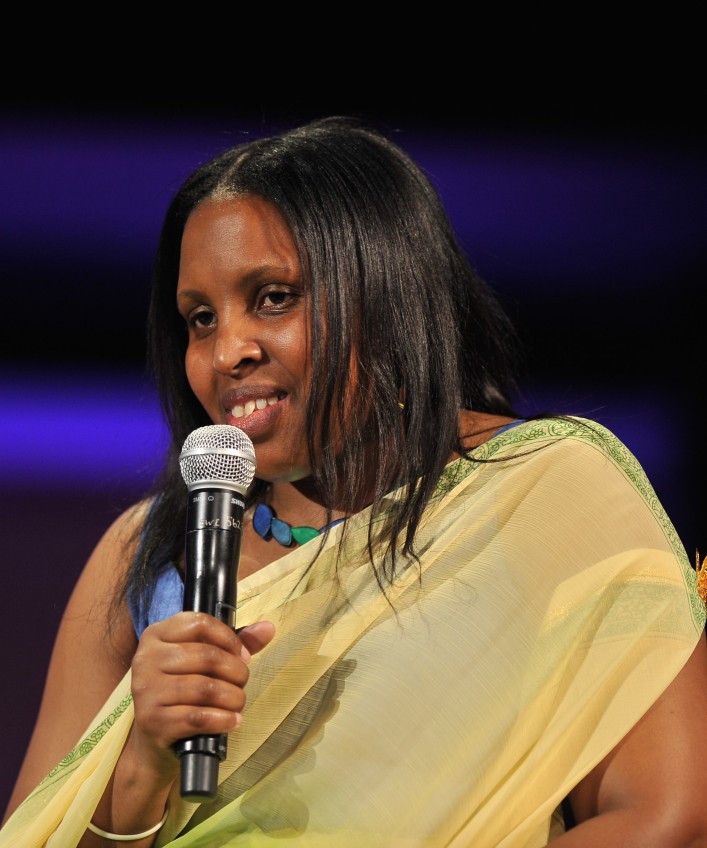
Eugenie Mukeshimana was a young adult and 8 months pregnant when the genocide broke in Rwanda in 1994 and give birth to her first child in the middle of the genocide while hiding from extremist Hutu genocidaires.
At the end of the genocide, Ms. Mukeshimana struggled to raise her newborn daughter. As a widow, she found herself in a similar situation as many other mothers who have done the impossible to save their children and now have to rebuild life for their families alone. She found solace in working with communities that have been divided and disintegrated as a result of the genocide. This experience inspired her to pursue a longterm career in human services.
In 2001, Ms. Mukeshimana emigrated to the United States to pursue a degree in Social Work at the College of St. Rose in Albany, NY. She soon noticed that her classmates and teachers had no knowledge about the tragedy she had personally suffered seven years earlier. This shocking reality inspired her to embark on a new mission to educate students, teachers, and other community groups about the crime of genocide. In 2010, she founded the Genocide Survivors Support Network (GSSN), a charitable organization with a mission to help genocide survivors rebuild their lives and educate communities about the crime of genocide.
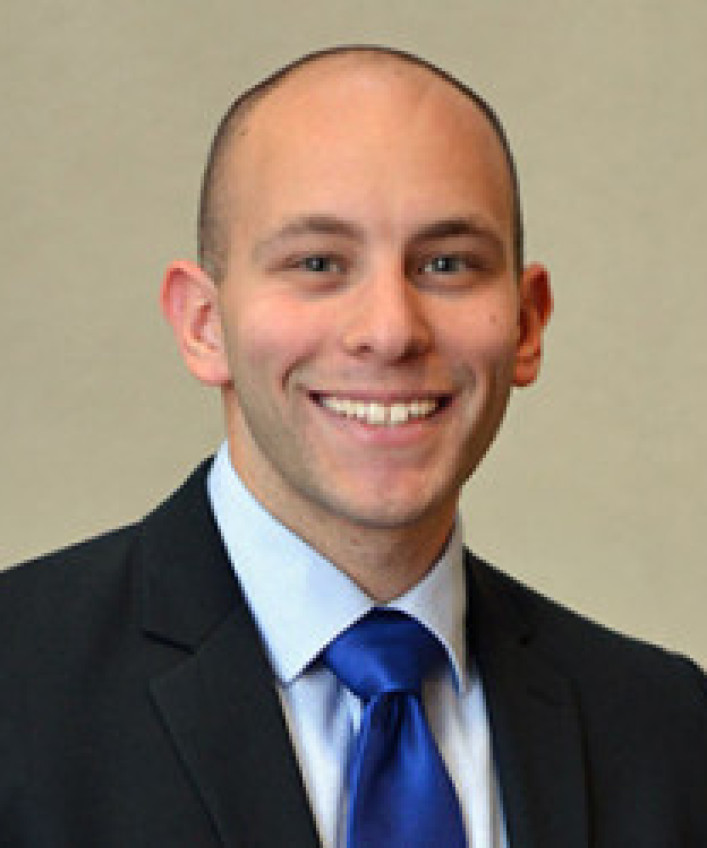
A Former Director of Policy and Programs at Jewish World Watch, an organization dedicated to preventing and ending genocide, and member of the Advisory Board for the Carl Wilkens Fellowship. Mr. Brand works on preventing atrocities and human rights and holds a decade of experience in policy, advocacy, organizing, and education. Mr. Brand has worked for various NGOs in the US, Rwanda, and South Sudan. Mr. Brand holds a BA in History and Political Science from the University of Connecticut and a Master’s in International Peace and Conflict Resolution from American University.
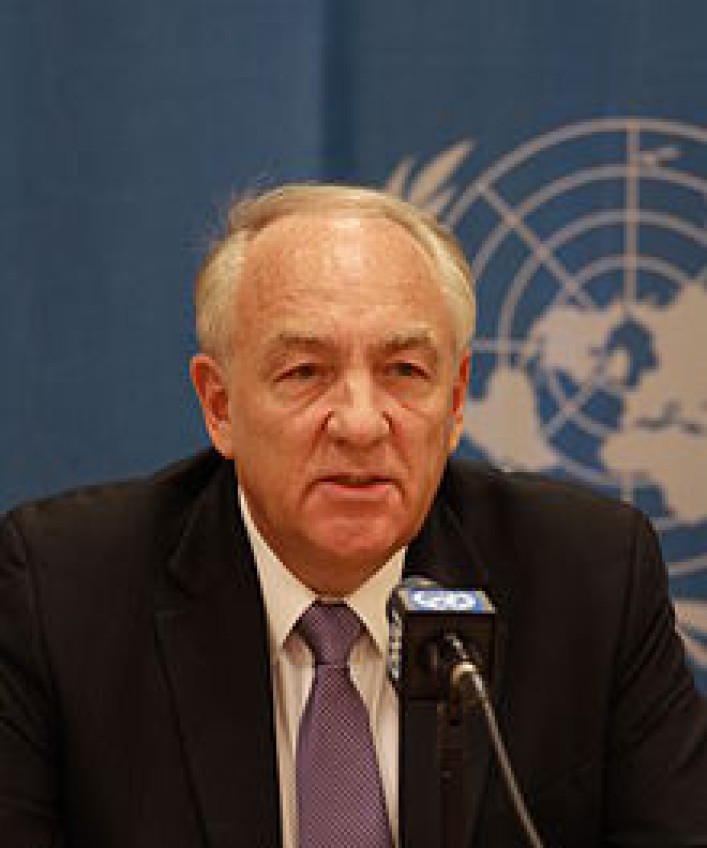
As Ambassador-at-Large for Global Criminal Justice from 2009 to 2015, Ambassador Rapp coordinated US government support to the International Criminal Court, international criminal tribunals, and hybrid and national courts responsible for prosecuting persons charged with genocide, war crimes, and crimes against humanity. Ambassador Rapp is currently an advisor for the Simon-Skjodt Center for the Prevention of Genocide. Ambassador Rapp is a Distinguished Fellow at the United States Holocaust Memorial Museum’s Center for Prevention of Genocide and The Hague Institute for Global Justice. He received a B.A. from Harvard College and a J.D. from Drake Law School.
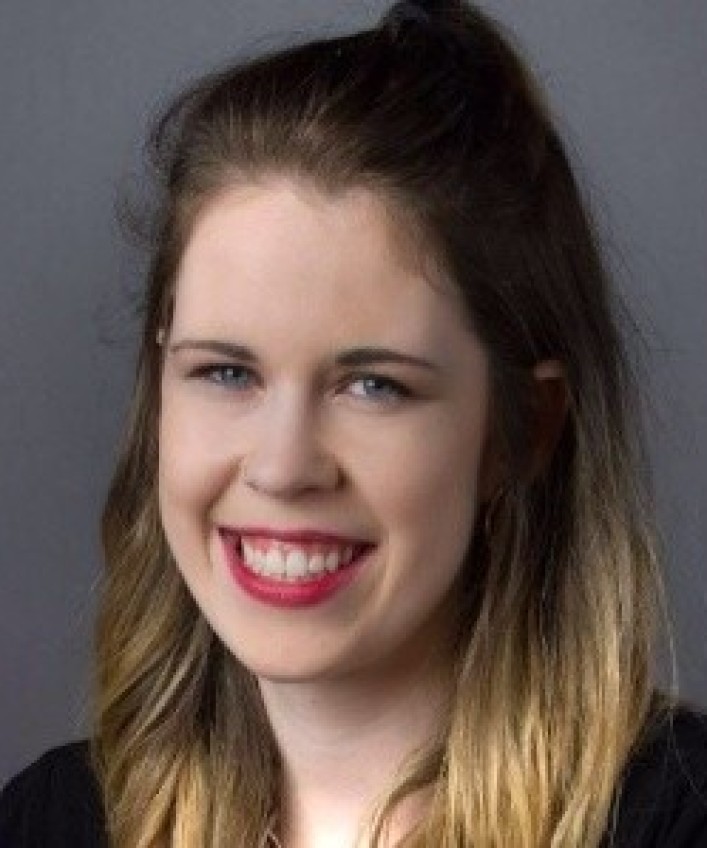
Savannah Wooten is a Program Associate at Public International Law and Policy Group and the former Student Director of STAND: The Student-led Movement to End Mass Atrocities. After serving as a Kennedy-Lugar Youth Ambassador to Bosnia-Herzegovina, she interned at the Montreal Institute for
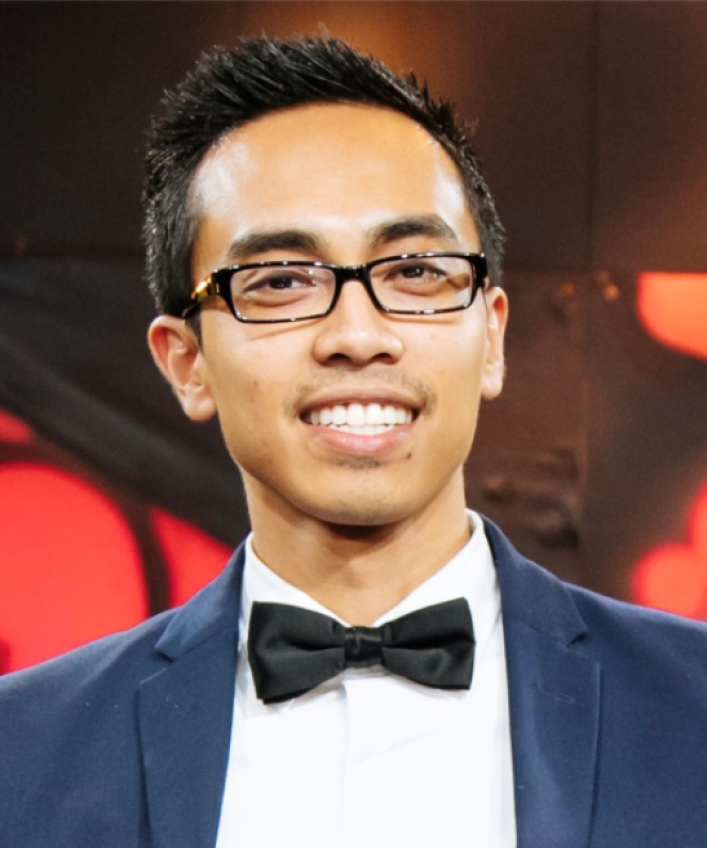
Mr. Patrick Realiza is a seasoned strategic communications and public relations professional based in Washington, DC. He is the Vice Chair of the Peace and Security Committee for the United Nations Association of the National Capital Area (UNA-NCA), currently assisting in the development, creation and execution of programs that help to foster and support strong US-UN partnership.
Mr. Realiza recently concluded his term as the program chair of the Sustainable Development Committee, where he actively led in the development of several major programs including a moderated televised conversation on the Paris Climate Agreement (COP21) with U.S. House Representative Don Beyer (VA-08) on Capitol Hill, a high-level political forum featuring representatives from the diplomatic missions of Afghanistan, Barbados, Costa Rica, Finland and Sweden at Georgetown University and a co-joint dialogue with No Lost Generation, a student-led organization committed to the solidarity of refugees, featuring the 2017-2018 U.S. Youth Observer to the United Nations, Munira Khalif.
Mr. Realiza also formerly co-chaired the UNA-NCA Communications Committee from 2015 to 2018, providing sound advice on overall best practices for all internal and external communications rendered.
Mr. Realiza is a former White House press intern serving within the Executive Office of the President (EOP). In this role, he worked closely with the Office of the U.S. Trade Representative (USTR) to further promote, develop and communicate policy initiatives on behalf of then-Ambassador Ron Kirk, a Cabinet-ranking member who served as President Obama’s principal trade advisor from 2009 to 2013.
Mr. Realiza has also held multiple posts at various federal government agencies including the Federal Deposit Insurance Corporation (FDIC) and the U.S. Department of Treasury in the areas of program coordination and human resources management.
Mr. Realiza holds a Bachelor of Arts degree in Political Science from The George Washington University. Born in the Philippines and raised in California, he has traveled throughout the United States and abroad. His foreign language skills include Tagalog, Cebuano, Spanish, Italian, French
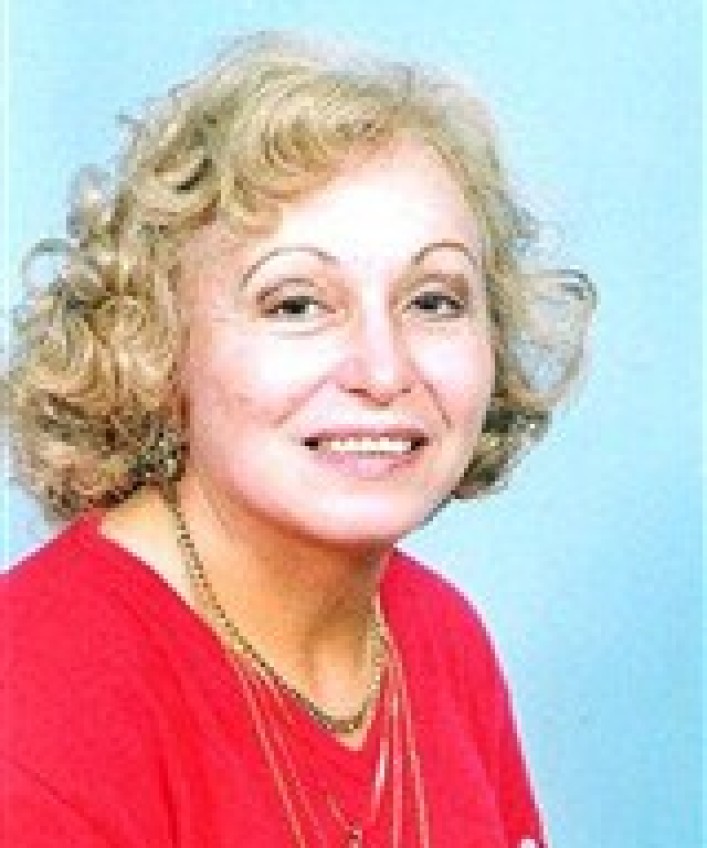
Dr. Nachmias has taught at Towson University for the past 20 years and has accrued 25 years of professional experience overall. She specializes in international politics and the work of international organizations. In her current position, she teaches, advises students, and attends and participates in international conferences. Her research interests include humanitarian assistance, conflict resolution, and voting patterns at the United Nations. Dr. Nachmias is interested in finding ways to empower people in difficult situations, especially women in the Third World.
She started teaching as a Ph.D. student at The City University of New York, and when one of her professors suggested that she join the adjunct faculty, she did so. She eventually took her academic career full time and started to publish as well. Dr. Nachmias attributes her success to being enthusiastic about learning and enjoying an intellectual challenge.
Dr. Nachmias holds a Ph.D. and Master of Arts from The Graduate School of The City University of New York. She also earned a Bachelor of Arts from Baruch College, graduating summa cum laude. She is a member of the International Society for Third Sector Research, the International Research Society for Public Management, The United Nations Association of the United States of America, and ACUNS, which is a professional association devoted to the study of multilateral relations, global governance and international cooperation. Between 1987 and 1990, she served as an executive director for the National Council of Women of the United States, Inc., and between 1996 and 1998, she served as the Executive Director of the National Committee on American Foreign Policy. In the years to come, Dr. Nachmias hopes to remain in the same profession and take part in ambitious research.
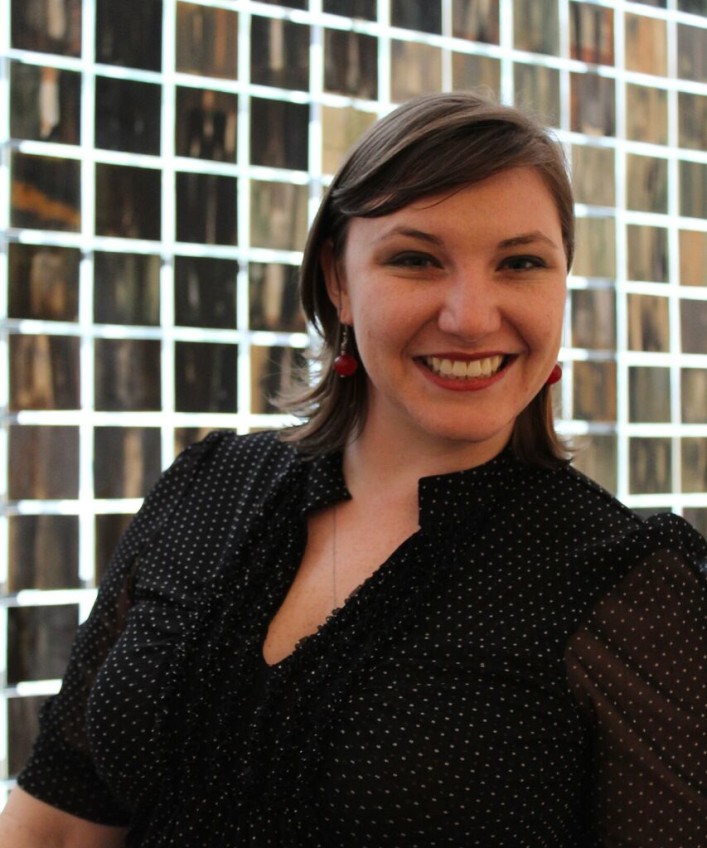
Emily Sample is the Executive Director of the Genocide Prevention Program at the George Mason University School of Conflict Analysis and Resolution, and is in the process of earning her PhD. Previously, she has worked as Associate Director of Education at Holocaust Museum Houston and for the International Conference on the Great Lakes Region Ugandan National Committee on the Prevention and Punishment of Genocide and Mass Atrocities, as well as the U.S. Holocaust Memorial Museum. She earned her B.A. from The College of William and Mary and her M.A. in Human Rights and Genocide Studies from Kingston University London.
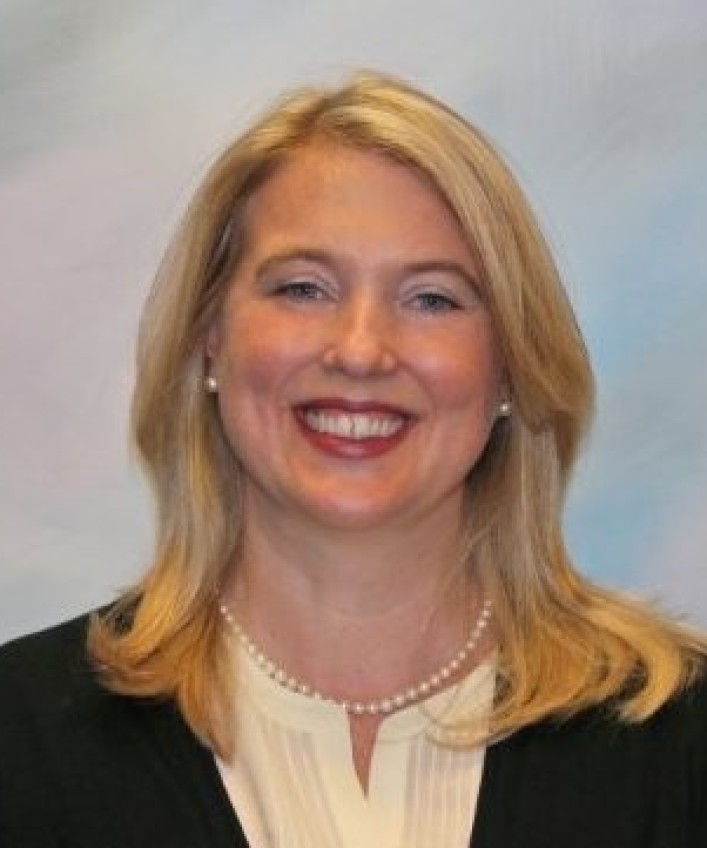
Associate Professor and Director of the M.A. in Holocaust and Genocide Studies at Stockton University and founder of the Genocide Prevention Certificate Program. Professor Joeden-Forgey has lectured and published in the field of German history and gender and genocide prevention, and recently spoke at the first UN International Day of Commemoration and Dignity of the Victims of the Crime of Genocide and of the Prevention of this Crime. Professor Joeden-Forgey has a BA in History and African Studies from Columbia University and a Ph.D. in Modern German and African History from the University of Pennsylvania.
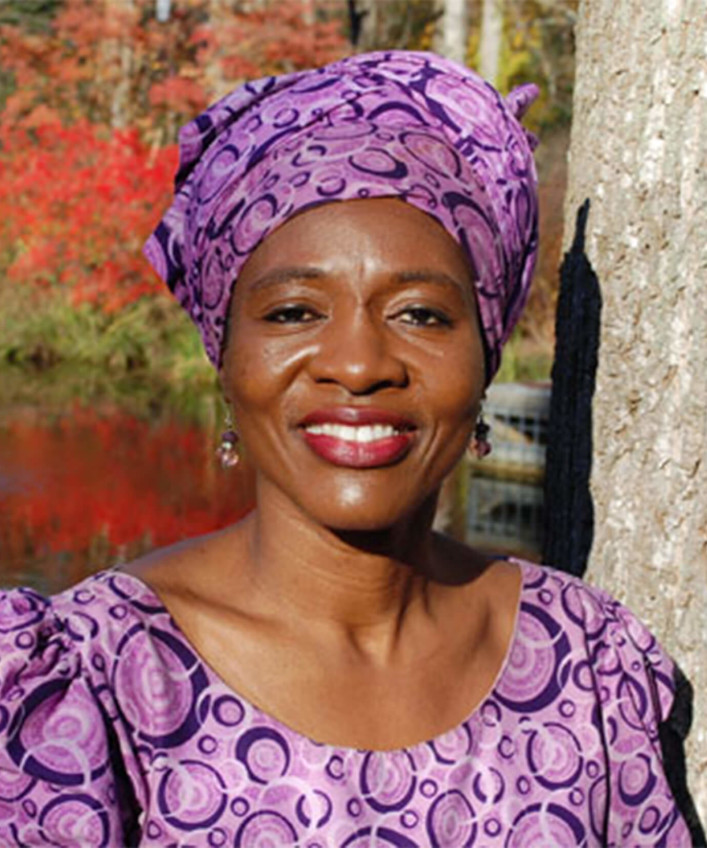
Member of the International Working Group, Africans Rising for Justice Peace & Dignity. Ms. Woods is an expert in US foreign policy towards Africa and the developing world. Previously, Ms. Woods was a co-director of Foreign Policy in Focus at the Institute for Policy Studies (ISP), and a program manager for the Committee on Development Policy and Practice at InterAction, serving as a principal staff contact for advocacy at the UN, the international financial institutions, USAID, and Treasury. Ms. Woods earned an undergraduate degree from Columbia University and a graduate degree from Harvard.
Lobby Day (Optional)
The Georgetown University Law School
600 New Jersey Ave NW, Washington, DC 20001
Hart Auditorium
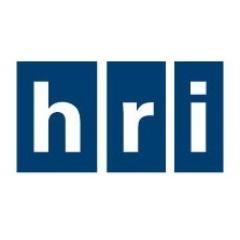
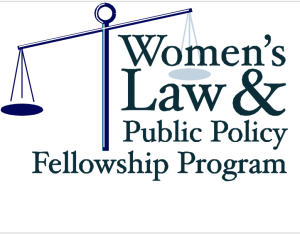
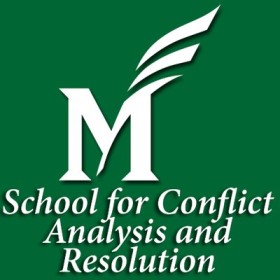
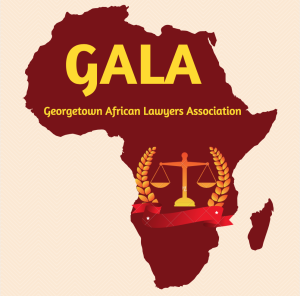
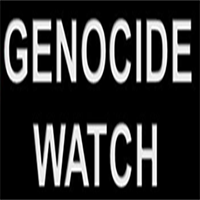
Students: $25;
Non-Students: $50
A light lunch will be served on both days
*Scholarships and group discounts are available upon request. For more information, email us at info@darfurwomenaction.org
**Volunteers will be granted free admission. Learn more about volunteering here
How long do you plan to stay in DC?
The main days of panel discussion are Saturday and Sunday (October 27 and 28) but we highly recommend that you also attend our optional lobby day on October 29th.
How do you plan to come to DC?
There are a variety of options for coming to DC. You can come to DC via bus in which case Megabus, Boltbus, Greyhound, and Chinatown Bus are cheap options.
You can also fly to DC. Check whether you can get a student discount for airline tickets:
“What Airlines Offer Students Discounts.”
And then check these websites to find the cheap travel flights:
“13 Secrets for Finding Cheaper Airfare”
Skyscanner
Spirit
Start the Adventure
Student Universe (student discount flights)
GoLastMinute
Where do you want to stay when in DC?
If you would like to stay at a hostel or at a group house check out these options:
Washington Peace Center Mass Housing Resources
William Penn House on Capitol Hill Duo Housing
HI Washington, DC Hostel
DC Lofty – Convention Center
Washington DC House
International House of Washington, DC
Washington International Student Center
Capital Comfort Hospital
If you would like to stay near Reagan airport look at these options. Most hotels near the airport offer a free shuttle service between the hotel, the airport,
and the nearest metro station. Take a look at these options:
Best Western (rooms at $119-129/night excluding tax).
Hampton Inn & Suites (rooms at $214/night excluding tax).
You may also wish to stay near our venue and walk to the symposium.
Washington Court Hotel (3-5 min walk)
Phoenix Park Hotel (3-5 min walk)
The Liaison Capitol Hill (3-5 min walk)
Hampton Inn Washington-Downtown-Convention Center (10-15 min walk)
Pod DC Hotel (10-15 min walk)
March 15 - 2025
March 13 - 2025
+ Read More


